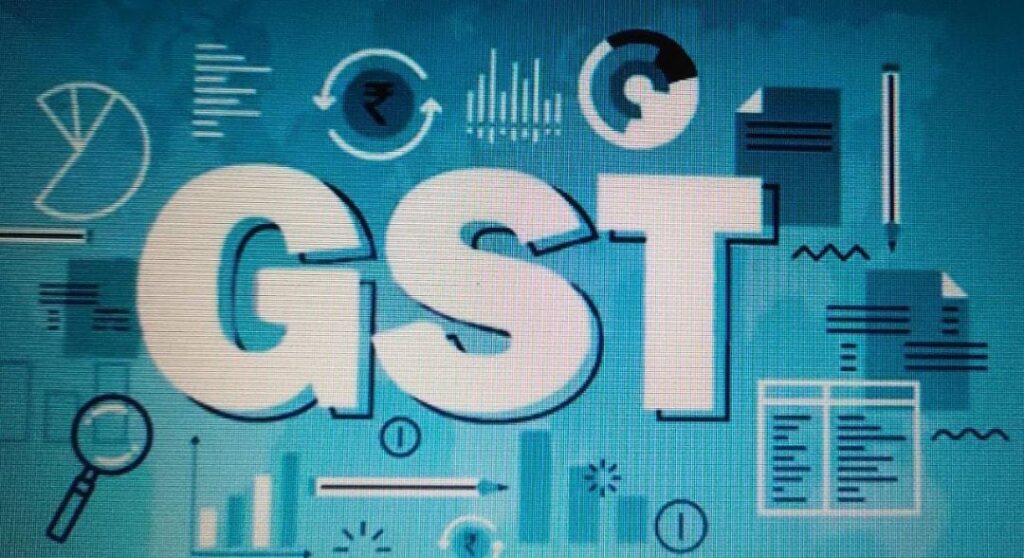
Bring petroleum products, realty, and electricity under GST: CII President
By: Admin
June 14, 2024
Categories: GST Recent News
4 Min Read

The Confederation of Indian Industry (CII) president on Thursday said petroleum products, electricity, and real estate must be brought under the ambit of the goods and services tax (GST), and asserted that capital gains tax must also be rationalised, as part of the industry body’s 14-point agenda for the new government.
“On direct taxes, the government may consider laying down a road map for rationalising and simplifying the capital gains tax and TDS provisions,” he said while addressing the press for the first time after taking over as the CII president last month.
He added that on the back of a strong recovery in agriculture and healthy public investment, India’s gross domestic product (GDP) is expected to grow at 8 per cent in FY25.
Puri explained that the agriculture sector is expected to grow at 3.7 per cent, compared to 1.4 per cent last year. “We are already seeing that monsoon is going to be better. So, agricultural production will be better,” he said.
In the manufacturing sector, the growth is likely to slow down from 9.3 per cent in FY24 to 8.4 per cent in FY25, due to a high base effect. “If we can consistently grow at that rate, it will be a strong achievement,” he explained.
For the services sector, Puri said that the year-on-year growth is likely to be higher at 9 per cent compared to 7.9 per cent.
“Honestly, we are expecting all three sectors of the economy to fire up,” he said.
On inflation, he said that it is likely to be lower at 4.5 per cent in FY25 from 5.4 per cent in FY24, due to improved weather conditions.
Puri said the pace of India’s growth has been speeding up. It took the country ten years to double in size from $1.7 trillion in 2010-11 to $3.4 trillion in 2022-23.
“Now it would take only seven years to double,” Puri said, highlighting that India’s GDP is likely to touch $7 trillion by 2029-30 and $8.1 trillion by 2030-31.
He said that the private sector gross fixed capital formation as a percentage of the GDP has already surpassed the pre-pandemic level at 23.8 per cent in 2022-23. It was 22.4 per cent in 2018-19.
For the public capital expenditure (capex), Puri said the Centre should increase it to 25 per cent over the revised estimates of FY24. In the interim budget, the Centre had proposed to increase it by a lower 16.8 per cent.
“The government must continue with its capex-led growth strategy along with fiscal consolidation. Part of the windfall dividend of the Rs 2.1 trillion from the Reserve Bank of India (RBI), could be used to increase capital expenditure by 25 per cent in FY25 from the RE figure of Rs 9.5 trillion for FY24,” he said.
On the CII’s agenda, Puri elaborated that the Centre must launch employment-linked incentive schemes for labour-intensive sectors like toys, textiles, tourism, logistics, retail, and media and entertainment.
“The incentives should be linked to employment generation,” he said. “Higher incentives should be given for women employees.”
Puri added that the proportion of the skilled workforce in the total workforce should be increased to 25 per cent by 2030 from 5 per cent currently.
Agenda for new govt
Prepare roadmap to increase public expenditure on education to 6% of GDP
Build plan to raise public expenditure on health care to 3% of GDP
Launch national mission on water security
Undertake overall review of priority sector lending framework
Grant infrastructure status to the hospitality sector
Source from: https://www.business-standard.com/industry/news/bring-petroleum-products-realty-and-electricity-under-gst-cii-president-124061300737_1.html